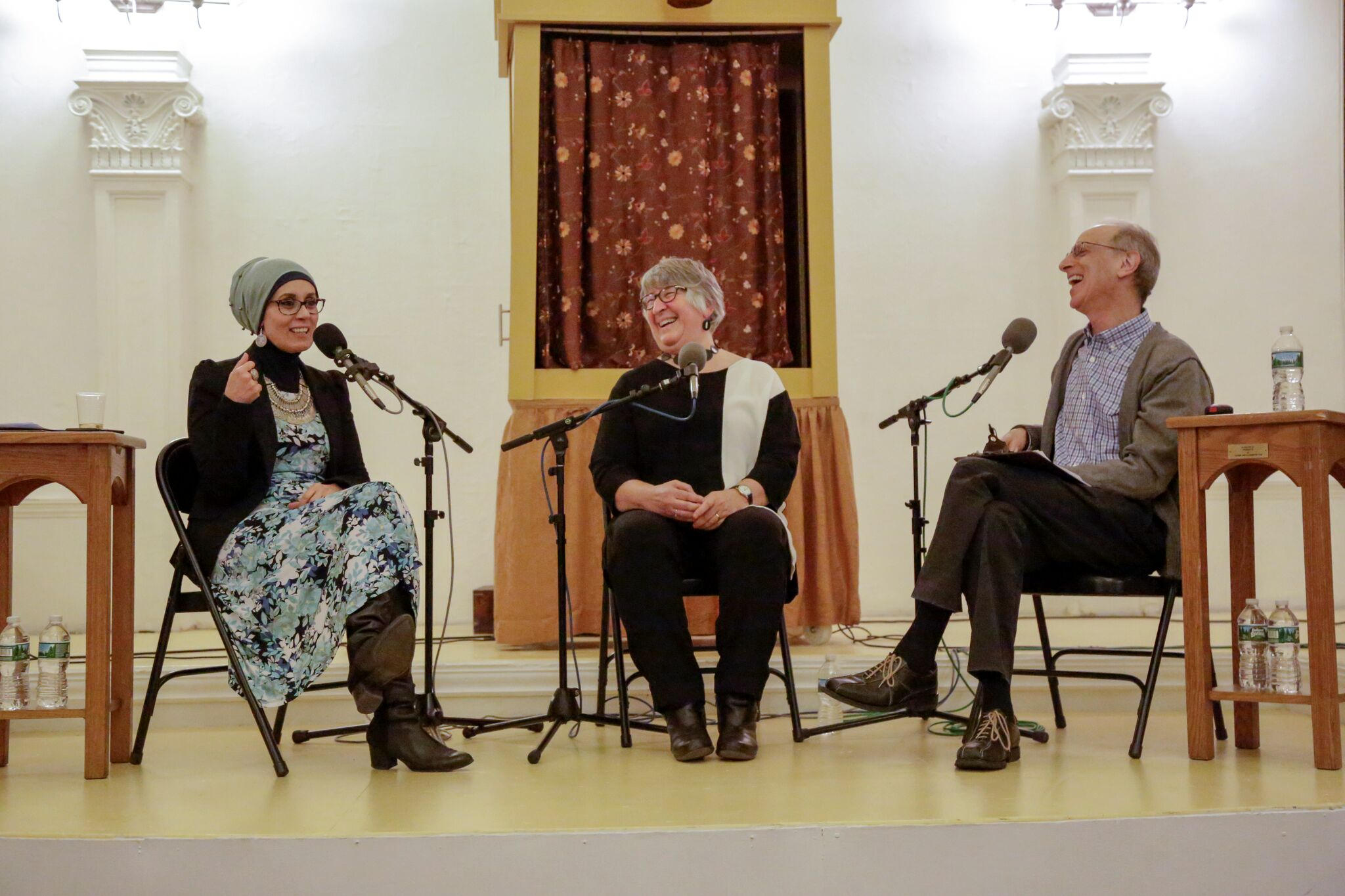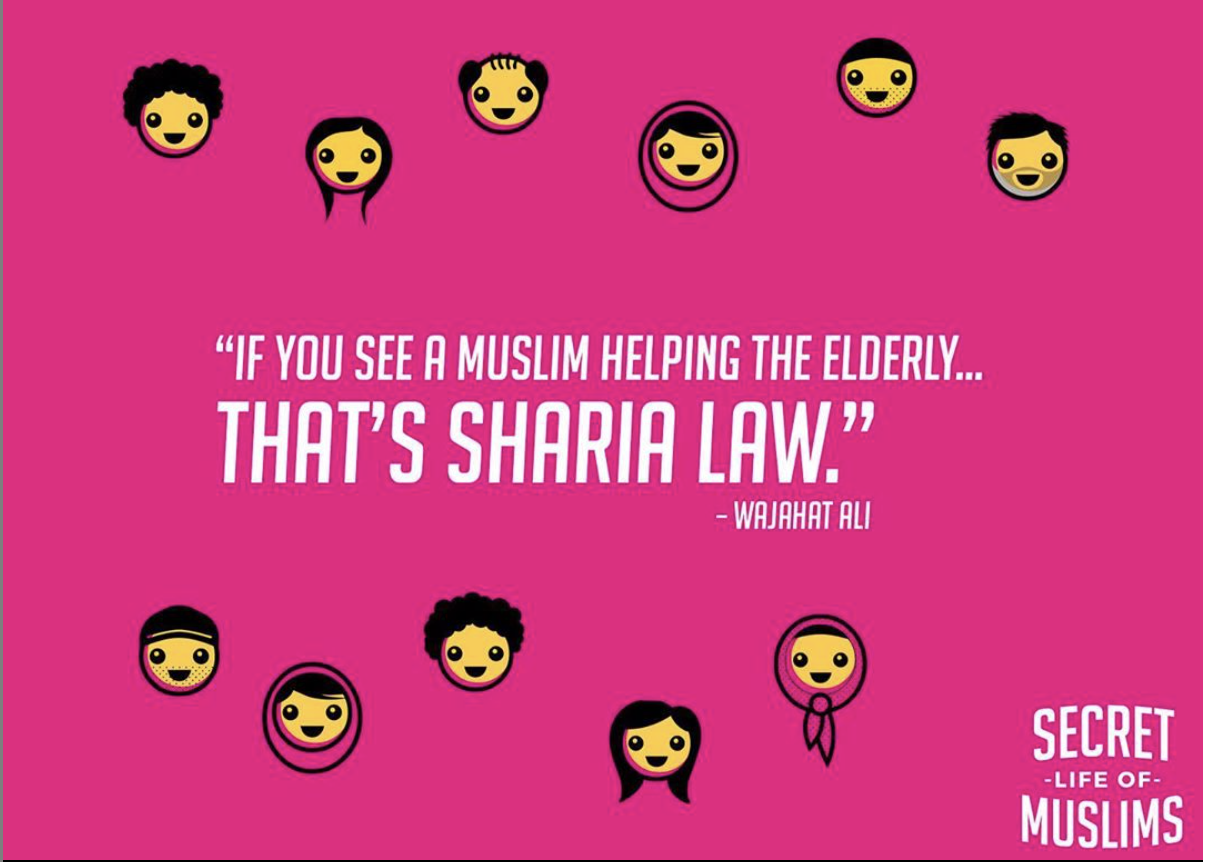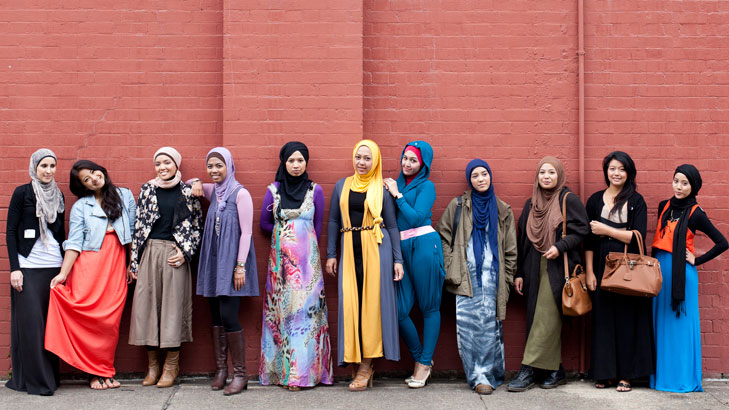Check out some of the diverse perspectives on the recent protest against Iran’s headscarf requirement.
Azadeh Moaveni summarizes the controversy:
When the World Chess Federation designated Iran host of the 2017 Women’s World Chess Championship games, Mitra Hejazipour was thrilled. She is a women’s grandmaster. She learned chess at 6, played in her first formal championship at age 9, and, now 23, she has spent her life traveling the world for chess tournaments and returning to the Islamic Republic of Iran with shiny medals.
When she plays, she wears a hijab, and presumably, when the world’s best women gather in Tehran to play chess next year, they will, too. But the excitement of the chess championship news — widely celebrated in Iran — soon turned to protest. Calls for a boycott are growing louder, raising the possibility that the championship won’t be held in Tehran at all.
Some international players are saying they don’t want to wear head scarves, but they seem to be making this statement for Iranian women, too: Iranian women shouldn’t have to do this, so we’ll make a stink. But this kind of protest — outsiders who think they know best — is exactly the opposite of what most Iranian women want, and is at the heart of what’s worst about policing how Muslim women dress.
The controversy has largely been kicked off by the Georgian-American chess champion, Nazi Paikidze, who said she would boycott the games on grounds that female participants would need to wear the head scarf, which is mandatory for women in Iran. She started an online petition to “stop women’s oppression” and to challenge the chess federation’s decision. A former Pan American champion chimed in, along with Nigel Short, a British grandmaster, who told a British newspaper that the hijab is “a symbol of Islamic repression.” (Mr. Short, incidentally, has said in the past that men are “hard-wired” to be better at chess than women.)
Read more on why Azadeh thinks the world should do less protesting and help Iranian women in a different way:
Iranian women’s rights activists worry that anti-hijab protests, which flared up in Europe recently over the French burkini ban, are now being aimed at Iran. The West’s preoccupation with the veil and the growing popularity of simply being “anti-hijab” as an existential and political position muddles too many things.
What best serves Iranian women must be kept separate from security-related outrages over jihadist terrorism, for instance, or Europe’s fractured relations with its Muslims.
A boycott of a chess tournament does Iranian women no favors, and plays into the hands of conservatives who claim that the West uses women’s rights as a tool to humiliate and pressure them.
Some on Twitter disagree:
Article could have pointed to existing Iranian protests against hijab & encouraged people to join instead of taking such a defensive tone. https://t.co/C8r15QW7uk
— Mr. Tickle (@MrTickle3) October 7, 2016
Shabana Mir gives her take here:
The headscarf and burqa symbolize patriarchy to many observers. The uncomfortable G-string does not. The burkini is bad. The bikini is good. Long skirts are bad. Stilettos are good. Miss Universe is good. Iranian chess tournaments are bad.
Binaries, binaries.
Here’s a weird idea though. Maybe the governments and sporting authorities in Iran, France, the US, everybody can back off of women’s bodies and women’s various forms of clothing. Maybe demonizing hijab isn’t exactly sisterly. Maybe infantilizing women and reading hijab as a pure imposition is – well, infantilizing. Maybe, until we’ve properly dismantled the patriarchy, we can start seeing it wheresoever we turn, rather than in Them alone.





Forcing non-Muslim women to wear a hijab is absolutely Muslim oppression in the same way forcing a Muslim to wear a crucifix is Christian oppression.
Please note that Iran has been pretty up-front about being a theocracy and enforcing its religious rules. So I always get the giggles when well-intentioned people try to hold countries like Iran and Saudi Arabia to Western democratic ideals. I don’t wear the hijab and respect everyone’s right to dress as they please but I’m always wary of non-Muslims who feel they know the experiences of Muslim women the best and who take on a patriarchal saviour role to protect us from a “veil of subjugation”. Yes I’m sure there are lots of women in Iran who as I do, do not feel that their Islam should be defined by what they wear. But there are lots of women there who do wear the hijab because they want to. And the biggest mistake of people like Nazi is thinking that the experience of those not wanting to wear the hijab is representative of all Iranian women and probably all Muslim women. Muslim nations have bigger problems – gross poverty, child marriages, gender violence, huge gender gaps in sport, education and jobs and yet the one thing that gets Nazi fired up is a piece of clothe – so badly that she needs to launch a petition. Maybe one day she’ll muster up the interest to start a petition against the issues I’ve mentioned.